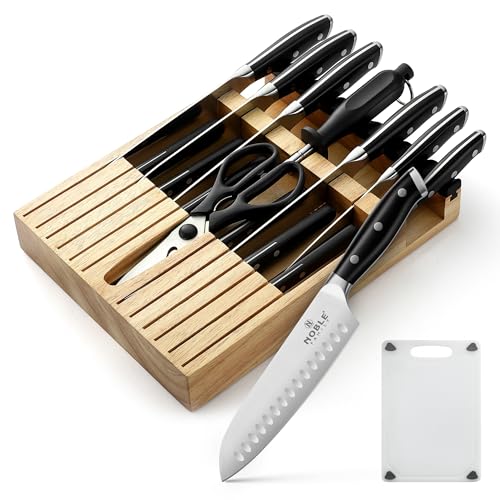I Was talking to a cousin on the German side of the family he works in a beef packing plant in Nebraska. I asked him about what he uses for tools. One of the things he told me about is most of his fellow butchers where he works use F. Dick steels. I know the brand well because this German company makes the best hoof knives that money can buy. The Steel he uses is the Butcher Sharpening Steel 25cm fine cut. It is all metal which makes it very easy to clean and sanitize and it is set up for a shoulder strap so you can carry it like a medieval dagger. Is anyone here using this steel? Fredrick Dick differentiates between Chef's steels and Butcher's steels. They have both, they have a large catalog of different types. For my use is a butcher steel OK, or should I get a Chef's steel? I am no longer going to assume anything.


























